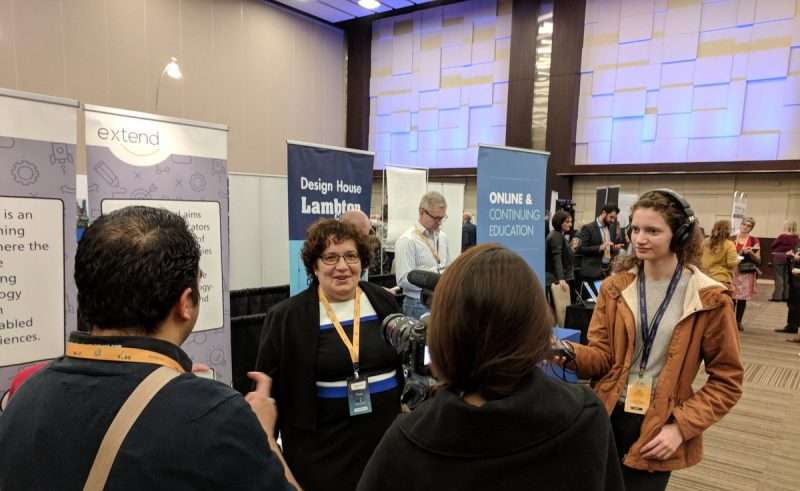
Education savings funds or Heritage Education Funds RESPs are savings plans that can help you put your child through college, especially in these tough economic times.
With the reality of inflation, trade wars, and what not, affecting everything from the price of gas to the price of matriculation, RESPs or registered education savings plans can bring you a step closer to assuring your child/children the education they deserve.
While the payments collected from a single RESP will probably not cover 100% of all your child’s needs in college, it will help a lot.
What the Taxman Says
And if you live Canada, the great thing about this type of savings plans is that the taxman will not deduct from your investment, though withdrawals from an educational savings fund are not tax-deductible.
Upon signing up for an RESP, you will be asked by the financial institution to make contributions to the plan.
There will be a schedule for contributions, to ensure that the plan will mature and your child will be able to collect payments later on. The payment plan will depend on the financial institution (also called the “promoter”).
On Contributions to RESPs
Some plans require monthly contributions, but it would be a good idea to ask your financial institution if you can make quarterly or annual payments, too.
There is a maximum or ceiling amount for contributions to Heritage RESPs. Meaning, you cannot make any more contributions when you reach this threshold. In Canada, the maximum contribution for each child with an RESP is $50,000.
There is a variety of investment methods available to subscribers of RESPs. Your financial institution will tell you which methods are available to you.
The most common methods for investments are stocks and bonds, but you can also ask if mutual funds and GICs are also available. All in all, RESPs are an adequate method for securing a child’s financial well-being during and after high school.
Collecting Payments
Speaking of high school, did you know that your child can start collecting payments from his/her RESP as early as secondary school?
If you subscribed to one when your child was born, then chances are, he/she will already be qualified for EAPs or educational assistance payments in secondary school. These payments can be sizeable, so decide fast if you have a child below the age of seventeen now, and you plan to put your child through college.
In addition to EAPs, of course, your child should be able to claim payments from his/her RESP when he/she enters college or other qualified educational programs.
Canadian law also states that the subscriber, or the person who opens and subsequently contributes to an educational plan, has the right to withdraw from the plan at any time. However, this general law is regulated also by the private policies of financial institutions that are offering the educational plans.
Finally, an RESP can remain valid or “open” for a period of 36 years. The average age of individuals going to college is between seventeen to twenty one, so your child can still go to university later in life if he/she does not immediately after high school.







